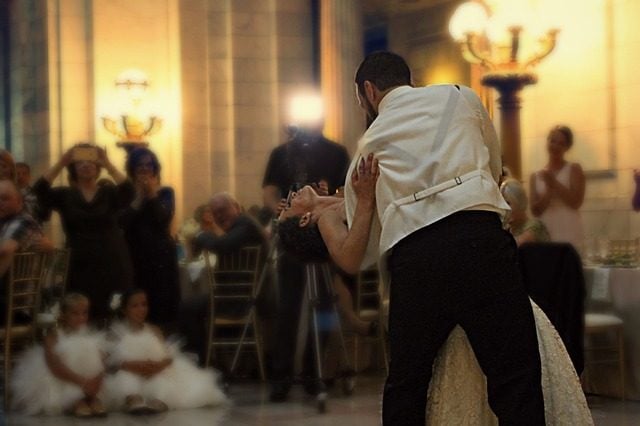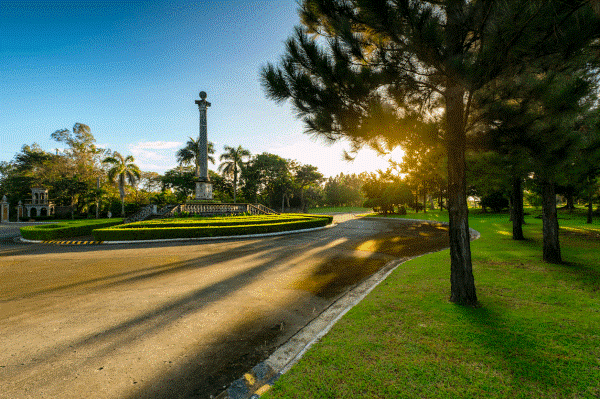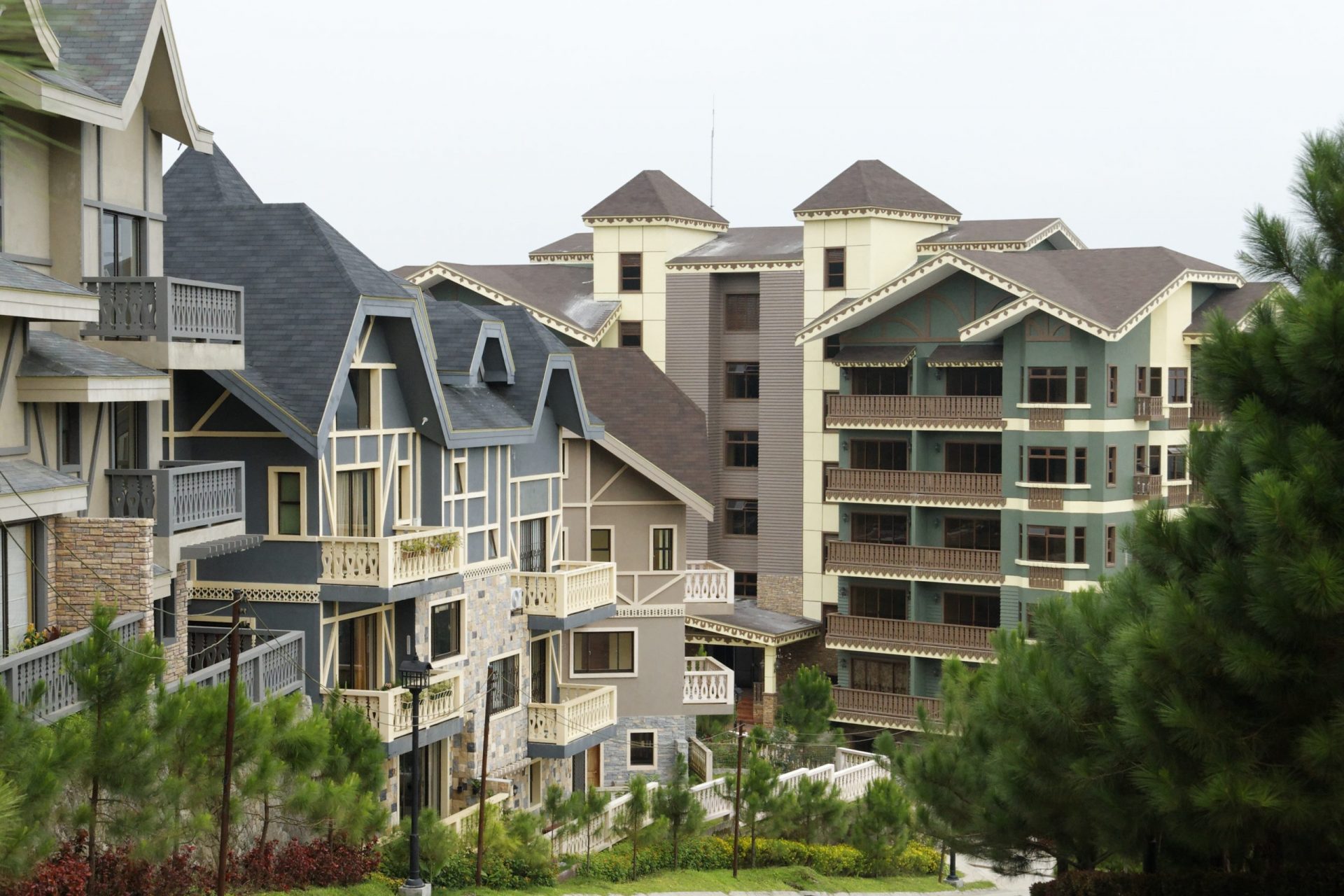BLOGS
Understanding Travel Tax: Philippines’ Tourist Fee Decoded
Whether you go for international flights or domestic flights, traveling has never been cheap. And even if you are able to secure a cheap flight from air carriers that give ticket promos or seat sales, there are airport fees that a typical traveler pays whenever he books flights. And so, if you are preparing for your next travel, whether for a vacation or business, there are things you should know about airport fees and travel tax. For a definitive guide concerning this, read on so you are prepared before you pack for your next destination!
Why should I pay airport fees and travel tax?
According to Presidential Decree 1183, a travel tax is used to provide adequate funds that the Travel and Tourism sector in the Philippines needs for their national government programs. The collected travel tax then is allocated to three agencies, and this is based on the Republic Act 9593 that the Philippine government imposed where 50% of the collected travel tax will go to the Tourism Infrastructure and Enterprise Zone Authority (TIEZA) while 40% goes to the tourism-related programs of Commission on Higher Education and 10% goes to National Commission for Culture and Arts.
Who is required to pay for travel tax? Is there a tax exemption?
All Filipino citizens as well as taxable foreign passport holders and non-immigrant foreign passport holders who have stayed in the country for more than a year or so are obliged to pay the travel tax. However, travel taxes are exempted for the following:
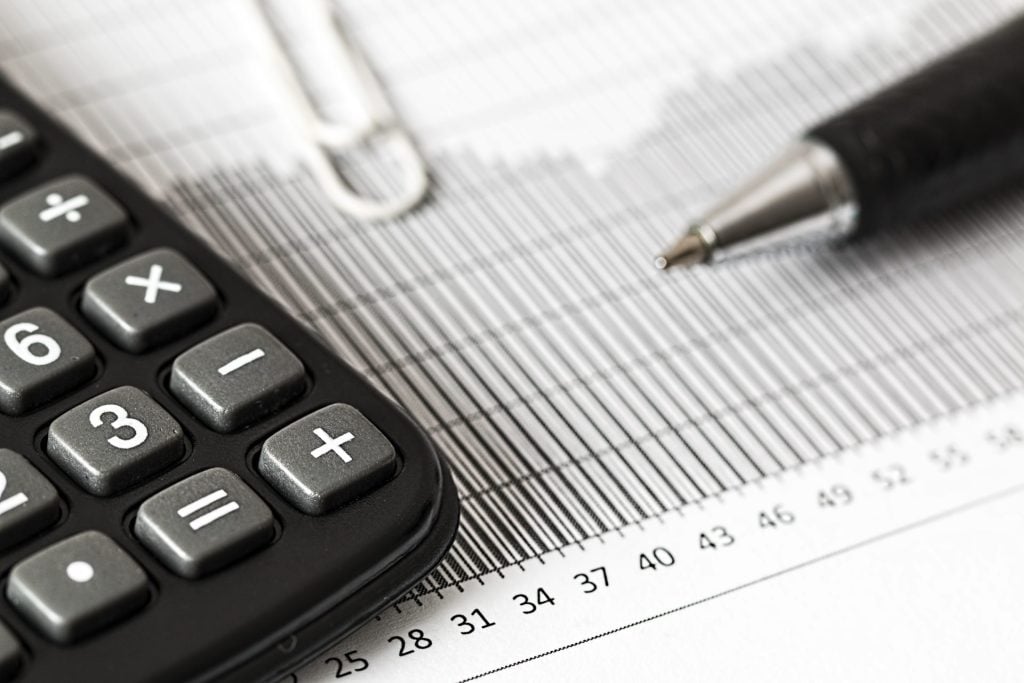
- Overseas Filipino Workers (OFW)
- Filipinos who are permanent residents abroad
- Students on scholarships
- Visitors who came and stayed in the country for less than a year
- US Military Personnel
- UN employees
- Members of an international carrier crew
- Government employees who are traveling for official business
- Foreign diplomatic representatives in the Philippines
- Personnel for multinational companies
- Philippine foreign service personnel
You should also bear in mind that air carriers such as Philippine Airlines, Cebu Pacific, and others will not carry passengers who fail to comply to pay for the travel tax even though you have already arrived at the Ninoy Aquino International Airport for your flight.
How much is the travel tax in the Philippines?
The Philippine tax depends on the plane ticket that you have. For passengers who are flying first class, the travel tax amounts to Php 2,700.00 while passengers who are flying economy or business class are obliged to pay Php 1, 620.00.
Keep in mind also that the travel tax has two categories namely Standard Reduced Travel Tax and Privileged Reduced Travel Tax. The Standard Reduced Travel Tax is applicable for those who are traveling with their families. The following passengers are eligible to apply for the said reduced travel tax: 1) minors, 2) accredited Filipino journalists, and 3) authorized personnel who are traveling for national interest.
On the other hand, the following passengers are eligible to apply for the Privileged Reduced Travel Tax: 1) the legitimate spouse of an Overseas Filipino Worker (OFW), 2) unmarried children (below 21 years of age) of an Overseas Filipino Worker (OFW), and 3) children of an Overseas Filipino Worker (OFW) with disabilities.
This means that if you are qualified for the Standard Reduced Travel Tax and you are flying first class, your travel tax will only cost Php 1, 350.00 whereas if you’re flying economy, the cost will be Php 810.00. Now, if you are qualified for the Privileged Reduced Travel Tax and you are flying first class, the amount you will be paying is Php 400.00 while Php 300.00 is required to pay for those who are flying economy.
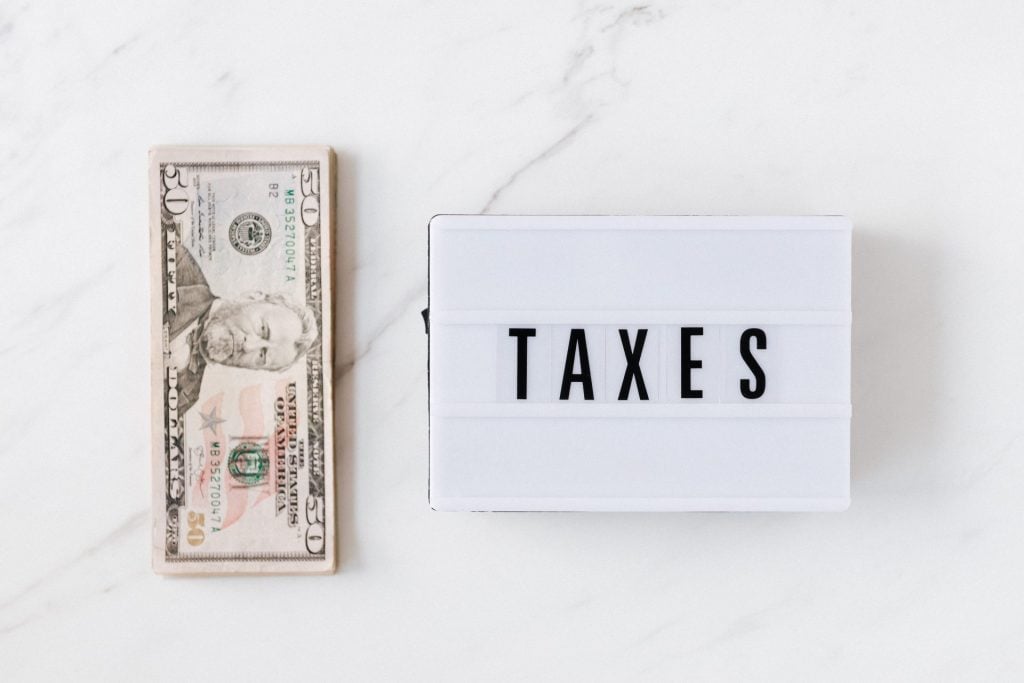
How do I pay travel tax in the Philippines?
You can actually pay for the travel tax at the Manila International Airport on the day of your flight. Now, if you want to save some time, you can send your payment online. All you have to do is go to the official website of TIEZA Online Travel Tax Payment System and create an account.
Upon creation of your account, select the type of your travel class. Then, enter your booking number, contact information, and flight details. A reference number will be sent to you within 24 hours via email or text message.
The said reference number will expire after 24 hours so make sure to process the payment of your travel tax within the day. Once you receive the reference number, you can now pay via credit/debit card or the Bayad Center app. If the payment is successful, an acknowledgment receipt will be sent to you via email. Consider printing at least two copies of the acknowledgment receipt and presenting them on the day of your flight.
How about the airport fee? What is the airport fee and how do I pay for it?
Aside from travel tax, there is also the airport fee which is also known as the “passenger service charge.” This particular airport tax applies to passengers who book a domestic flight or an international flight. It also varies depending on the airport but the airport fee for domestic flights ranges from Php 50.00 to Php 300.00 while for international flights, the amount ranges from Php 650.00 to Php 800.00.
Moreover, unlike the travel tax, the airport fee is not paid separately because it is already included in the cost of your plane tickets. If you want to see this on the receipt of your plane tickets, look for the fee tagged as PH Passenger Service Charge or DPSC/IPSC.
However, there are airports that do not include the airport fee on the payment for the plane ticket but instead will oblige you to pay at the airport. For Manila airport, the airport fee is included in the plane ticket already so you no longer have to worry about this.
But if you booked your flight and will leave from Clark International Airport, for instance, the fee for domestic routes is Php 150.00 while the fee for international flights is Php 650.00. For those who are coming from or going to Bohol-Panglao International Airport, the domestic fee is Php 100.00 while the international fee is Php 700.00 and you must pay at the airport.
You also have to pay the fee at the airport when you are coming from or going to Puerto Princesa International Airport. The domestic fee is Php 200.00 while the international fee is Php 700.00.
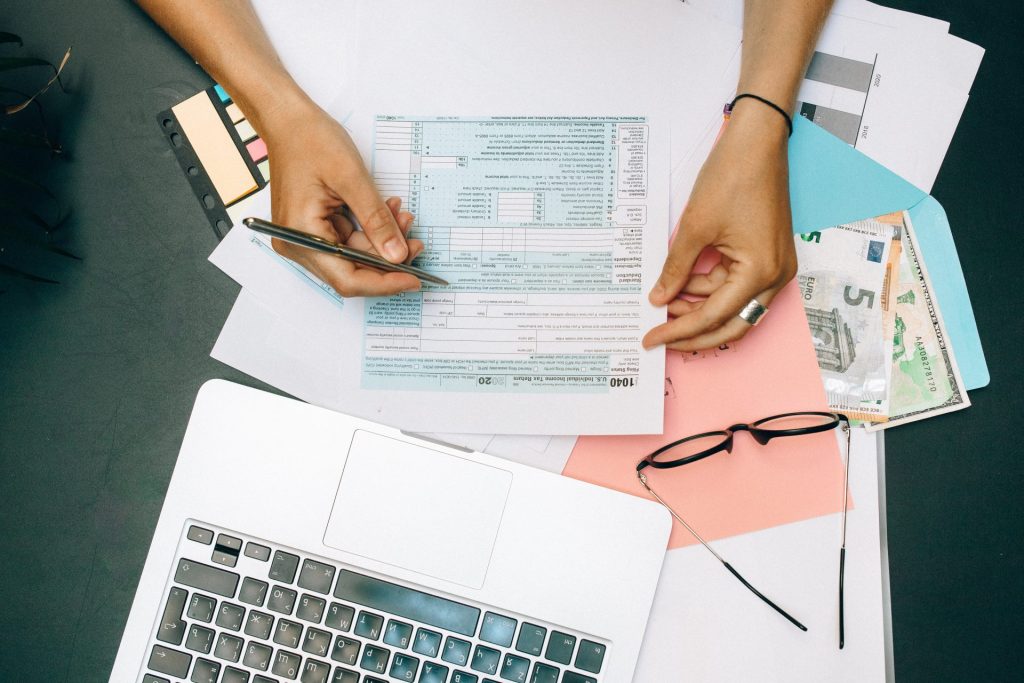
A few more reminders
Now that the worldwide pandemic has ceased to exist, most international airports have eased their regulations when it comes to traveling. However, there are countries that are still strict with travel requirements. Take for instance, in Southeast Asia, most countries have relaxed their pre-pandemic requirements and removed most of the travel restrictions. The same is true for other international flights. However, all passengers are still advised to practice enhanced precautions to be able to take good care of themselves and others. Moreover, vaccination status is being asked from time to time at airports so make sure to bring your vaccination card. Others still require negative antigen tests before traveling so it’s better to be mindful of this before you book your flights. Wearing a face mask as well as practicing social distance are optional. Overall, the best way to prepare is to get in touch with the airport for further details you need to know so you can manage what to expect.
Suggested Read: The Importance Of Domestic Interest Rates Forecast for 2022
Suggested Read: Taxes When Buying A House in the Philippines
Suggested Read: Davao-Japan Flights Might Be Coming Soon
Suggested Read: Best Time To Fly To Davao City
Suggested Read: Boracay Airport: In The Know



